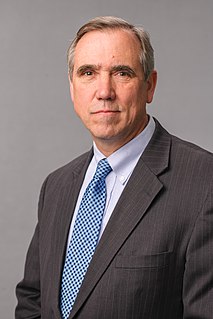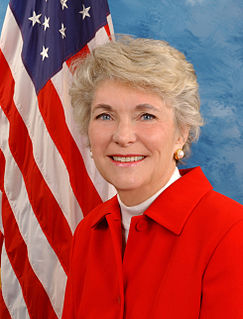A Quote by John Delaney
I'm not an economist, but I have spent time around thousands of small-business owners and investors, and I remain skeptical - despite the best intentions of the Fed - that even lower interest rates can make a meaningful dent in our unemployment problem.
Related Quotes
The underlying strategy of the Fed is to tell people, "Do you want your money to lose value in the bank, or do you want to put it in the stock market?" They're trying to push money into the stock market, into hedge funds, to temporarily bid up prices. Then, all of a sudden, the Fed can raise interest rates, let the stock market prices collapse and the people will lose even more in the stock market than they would have by the negative interest rates in the bank. So it's a pro-Wall Street financial engineering gimmick.






























